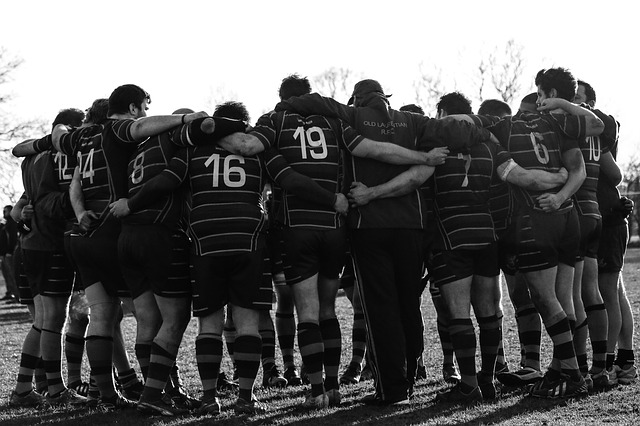
Sports as a Tool for Peace

United Nations Secretary-General António Guterres closed the United Nations Office on Sport for Development and Peace (UNOSDP) two years ago; today we look back at the history of programs supporting development and peace through sports.
During the late 1980s and early 1990s, Sports for Development and Peace (SDP) organizations began forming across the globe. The United Nations defines sports as “all forms of physical activity that contribute to physical fitness, mental well-being and social interaction, such as play, recreation, organized or competitive sport, and indigenous sports and games.” Sports for Development and Peace programs vary greatly in terms of size, length and objective. These organizations believe that well-crafted sports programs can enhance the well-being of the communities where they operate. NGOs like Sport for Development & Peace Working Group, Right to Play and Magic Bus state that sport and play can reduce peer violence and increase performance in school.
In 2001, with the Millennium Development Goals (MDGs) recently established, Adolf Ogi served as a Special Advisor on Sport for the Development of Peace to UN Secretary-General Kofi Anan. Partially due to Ogi’s efforts to bring the SDP movement into the mainstream, in 2005 the United Nations created the Office for Sport Development and Peace (UNOSDP). The objective was to “raise awareness about the use of physical activity, sport and play as powerful development tools in the advancement of development and peace objectives.” The UNOSDP interfaced with several UN bodies, NGOs and Experts to promote awareness and to improve the impact and understanding of SDP programs.
Working with several international organizations, UNOSDP worked to integrate SDPs into national and international development strategies. Working with Developmental NGOs and governmental agencies, the UNOSDP looked to foster skills and capacity building for local implementers, partner organizations and governments. Notable NGOs that UNOSDP worked with are Right to Play and Magic Bus.
One of UNOSDP’s main achievements was working to fund SDP activities. This was done both through direct contribution to NGOs and more often, through collaborations. From companies like Nike and Adidas, to governing sport bodies, like the International Olympic Committee (IOC) and the Federation Internationale de Football Association (FIFA), to private donors like Laureus Sport for Good, a wide range of actors helped fund SDP activities around the world. UNOSDP played a significant role in connecting and promoting the many activities and programs with the many donors and organizations who had the funds and desire to help.
Finally, UNOSDP spent a significant amount of effort and resources in the pursuit of SDP communication and advocacy. After Secretary-General Ban Ki-moon appointed Wilfried Lemke of Germanyas his Special Adviser on Sport for Development and Peace the UNOSDP mainly focused on the use of SDPs through reports and conferences, taking a less hands on approach than they had previously.
During the years that the UNOSDP was active several notable UN specific events occurred:
- In 2006, the Convention on the Rights of Persons with Disabilities was adopted, affirming the right of persons with disabilities to: “Participation in cultural life, recreation, leisure and sport.”
- In 2010 the UN released the Report from the UN Inter-Agency Task Force on Sport for Development and Peace
- In 2013, United Nations General Assembly adopted resolution 67/296, which proclaimed 6 April as the “International Day of Sport for Development and Peace.”
- In 2015, the revised UNESCO International Charter of Physical Education, Physical Activity and Sport was adopted, stating that: “The practice of physical education, physical activity and sport is a fundamental right for all.”
- Also adopted in 2015, General Assembly Resolution 70/1 “Transforming our world: the 2030 Agenda for Sustainable Development” was adopted, stating “Sport is also an important enabler of sustainable development. We recognize the growing contribution of sport to the realization of development and peace in its promotion of tolerance and respect and the contributions it makes to the empowerment of women and of young people, individuals and communities as well as to health, education and social inclusion objective.”
In April 2017, UN Secretary-General Antonio Guterres agreed to a direct partnership with the International Olympic Committee (IOC). The IOC is planned to take over the international facilitation roles previously occupied by the UNOSDP. The Secretary General announced the closure of the UNOSDP. The UN Department of Economic and Social Affairs is set to handle the remainder of UNOSDP’s portfolio which will not be handled by the IOC.
Keep Up With The Accords
More to read
The AMUN Accords is a premier resource for fact-based Model United Nations simulations. We are always looking for new contributors. Want to write for the AMUN Accords? Check out out the submission guidelines and then get in touch!




